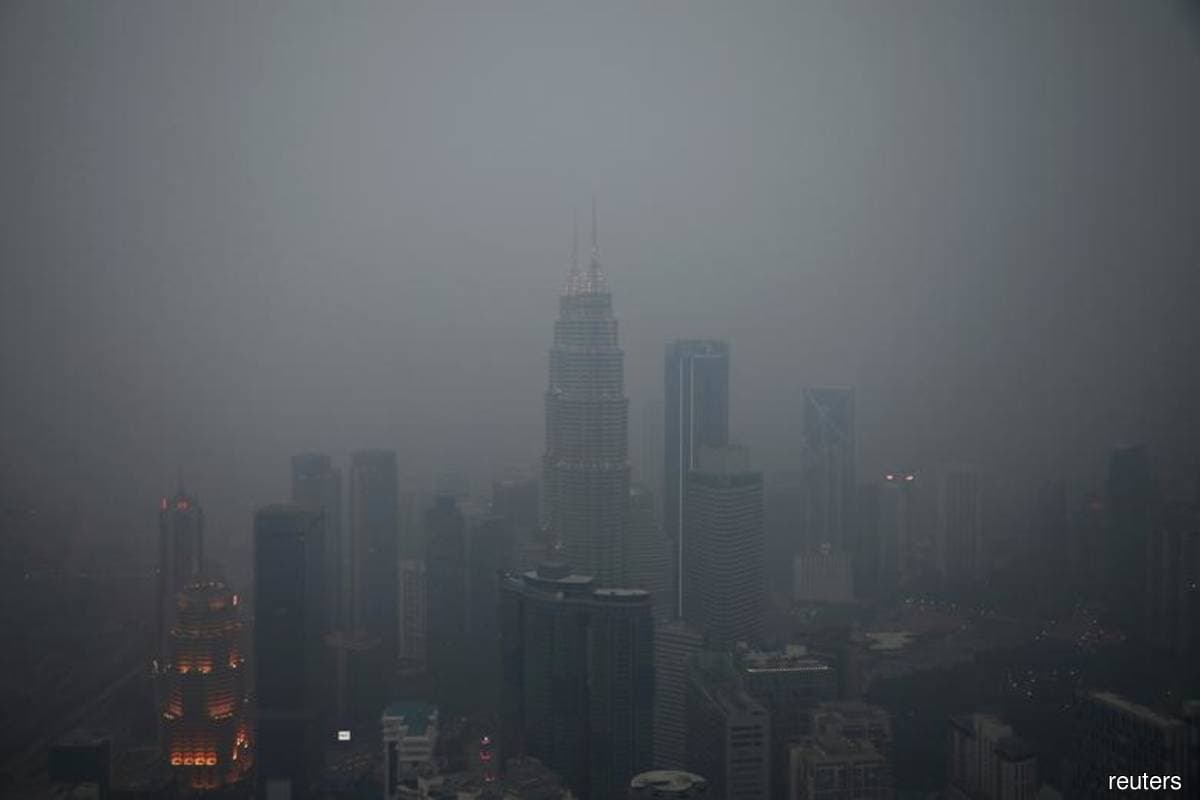
KUALA LUMPUR (Sept 30): Creating more demand for sustainable agricultural products and incentivising companies and financial institutions to move away from financing, supporting and participating in unsustainable agricultural practices like slash and burn are among ways to help reduce or prevent the occurrence of fires on plantations and estates, and by extension, transboundary haze.
These were put forward by WWF or World Wildlife Fund's global palm oil lead Michael Guindon at the Roundtable on Sustainable Palm Oil (RSPO) discussion entitled “Beyond Borders: Haze and the Need for Collaboration” that was held today. Organised by the RSPO, the roundtable discussion was open to the public to share and discuss experiences and best practices on how to prevent what has become known as the Southeast Asian Haze, a large-scale fire-related air pollution problem in the region that appears almost every year, in particular between the months of July and October.
Guindon, who was among three panellists at the roundtable, noted that more financial institutions and investors have started to attach sustainability criteria and clauses to their funding and investment decisions.
“However, companies also need to exert influence outside their supply chains as well, looking at suppliers and their practices, on top of investing in on-the-ground projects and conservation and restoration activities,” said Guindon.
The two other panellists were: RSPO chief operating officer and head of the oil palm watchdog’s Investigation and Monitoring Unit Bakhtiar Talhah and IOI Corp Bhd's group head of sustainability Dr Surina Ismail.
Ultimately, consumers have the power to make those who do not want to change, change, Surina said, when asked how companies and financial institutions can be incentivised to move away from unsustainable agricultural practices.
Surina, meanwhile, shared IOI Corp's three-step strategy to address the risks of fires on its estates and concessions. It begins with fire prevention and monitoring, preparing and dealing with an actual fire, and post-fire analysis and programmes. “Right now we are mostly doing fire analysis. We know the only way to address the issue is to look at how it happened,” she said. It also strives to be transparent in its communication with relevant stakeholders.
Bakhtiar said collaboration among stakeholders is also important. “How does an RSPO member work with an adjacent stakeholder in stopping the fires and ensuring that they do not happen again?” Bakhtiar asked. The answer, he said, lies in collaboration, in helping one another, as he noted that none of RSPO’s registered independent smallholders saw fires on their concessions in 2019.
In the case of IOI Corp, Surina said the group has practised a no burning policy since the 1980s as it uses heavy equipment to clear land, and that it has made access to its equipment available to the adjacent smallholders around its plantations.
“We also share our best practices with the smallholders that we work with. We work with them in awareness training and fire prevention as well,” she added.